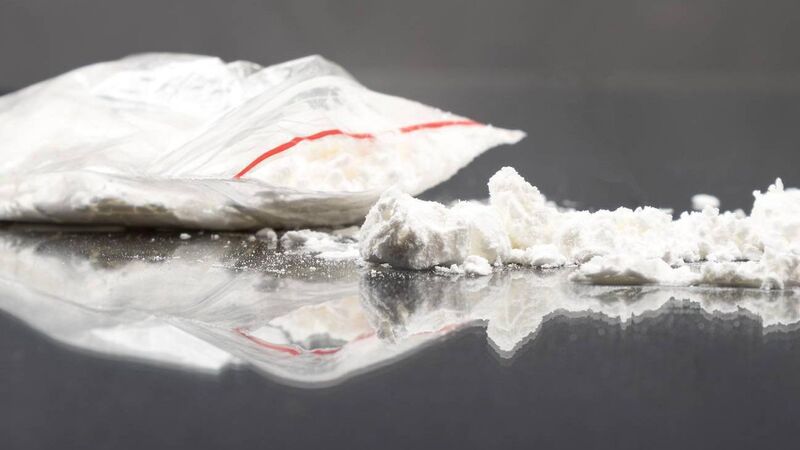Criminals target young people with offers of drugs in exchange for sex

According to the study, children are being approached with offers of drugs in exchange for taking part in criminal activities. Stock Picture.
Criminals are targeting young people with offers of drugs in return for sex, according to a new study on criminal exploitation of children.
The study, based on interviews with 24 young people in four discussion groups, also found that there is a distrust of An Garda Síochána and of school authorities among teenagers in the areas were they lived, making it difficult for them to seek help from authorities.










